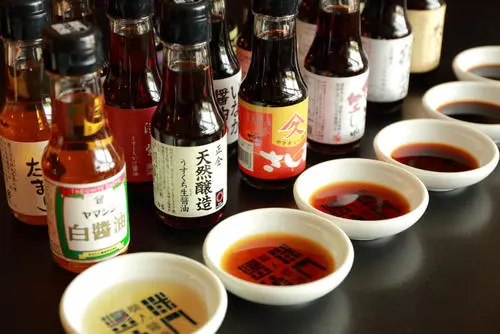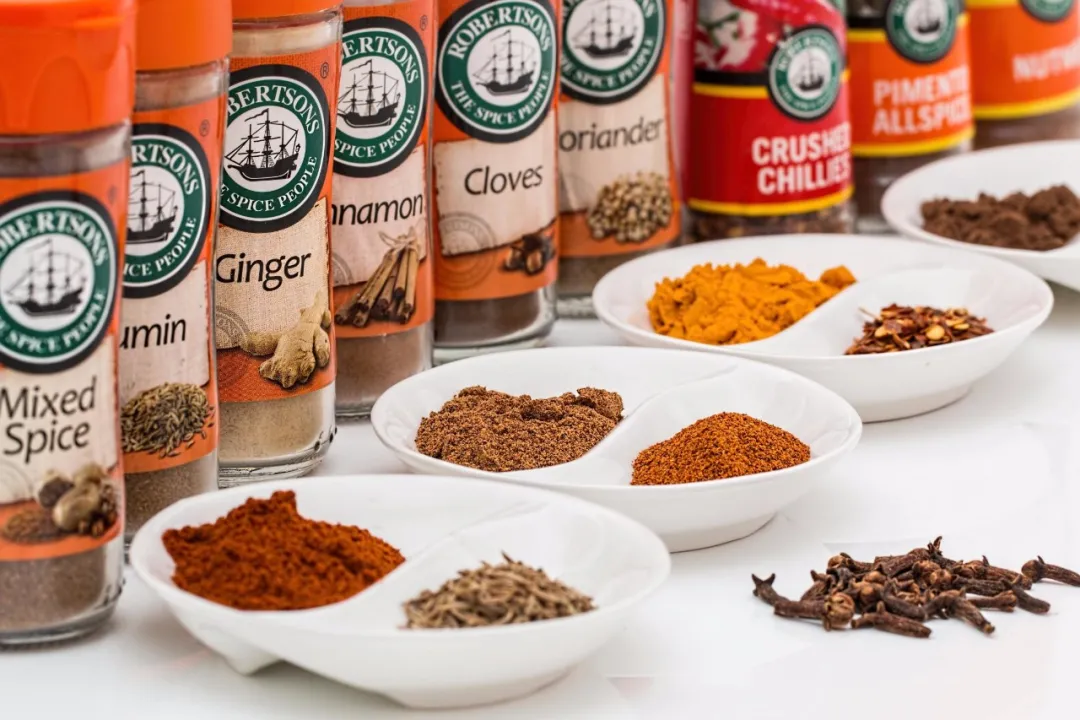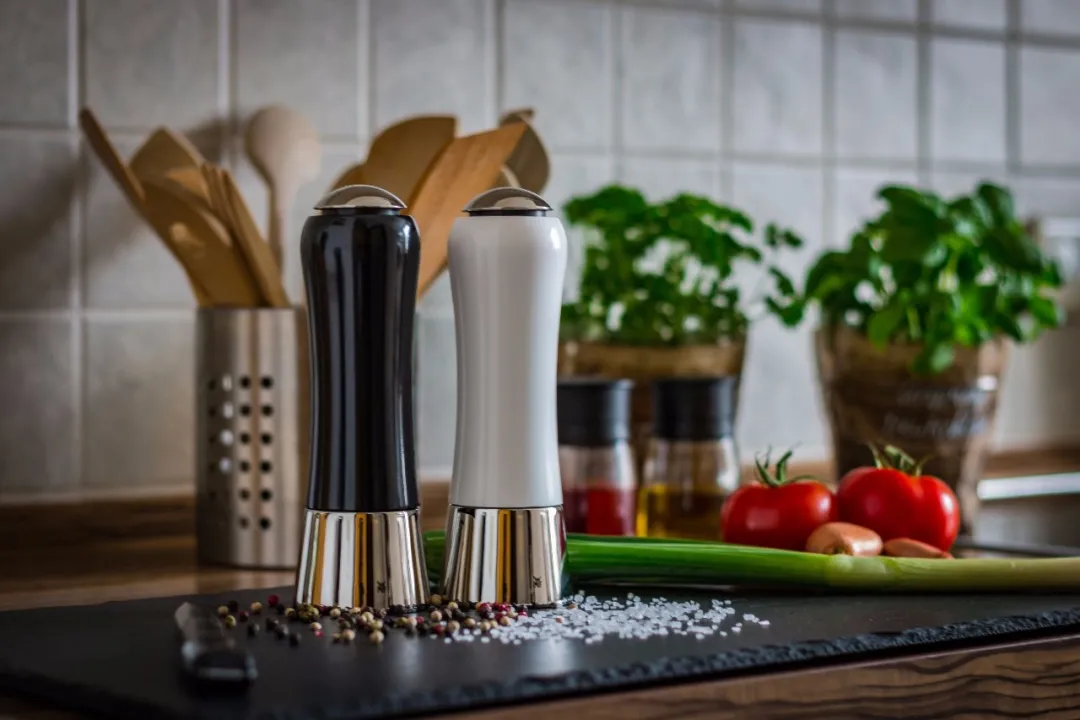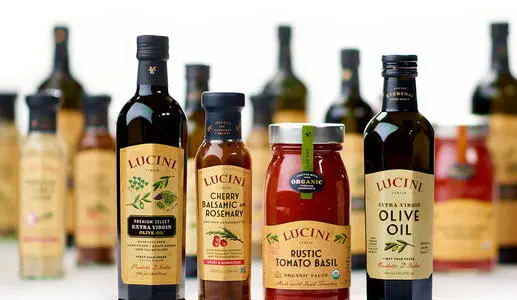1. Liquid seasoning, tighten the cap
Liquid seasonings such as soy sauce, vinegar, oil, chili oil, and Chinese pepper oil should be treated differently according to the container during storage. If it is bottled, just tighten the cap after use.

If it is in a bag, pour it into a clean and dry bottle after opening, then tighten the lid, and store it in a well-ventilated and sun-free place away from the stove.
2. Powdered seasoning, dry and sealed
Such as pepper powder, pepper powder, cumin powder, etc. are all spice processing products, which are processed from plant stems, roots, fruits, leaves, etc., have a strong spicy or aromatic taste, and contain a lot of volatile oils, which are easy to Moldy.
Therefore, when storing these powdered seasonings, the mouth of the bag should be sealed, and the bag should be kept dry and airtight to prevent moisture and mildew. The seasoning powder is easily damp when placed improperly, but a slight dampness will not affect the consumption. However, it is best to buy small packages and use them up as soon as possible.

3. Dry seasoning, keep away from the stove
Dry seasonings such as pepper, aniseed, bay leaves, and dried chili should also be moisture-proof and mildew-proof. The more moisture and the higher the temperature, the more prone to mildew, and the kitchen stove is the “dangerous zone”. Therefore, it is best not to put this kind of seasoning near the stove, but to keep it dry and airtight, and then take it out when needed.
In addition, before using this kind of seasonings, it is best to rinse them with water; moldy ones are not suitable for consumption.
4. Sauce seasonings, refrigerate
Sauce seasonings such as chili sauce, bean paste, soybean sauce, and noodle sauce generally contain about 60% moisture. They are generally sterilized after packaging. If they are to be stored for a long time, they should be sealed tightly and kept in the refrigerator.
5. Salt, chicken essence, sugar, etc., airtight and ventilated
When salt, chicken essence, sugar, etc. are directly exposed to the air, water molecules will invade and become damp and agglomerate. Although agglomeration of these condiments will not affect their internal quality and normal consumption, the dissolution speed of the condiments after agglomeration may be slightly affected during the cooking process.
Therefore, it is necessary to pay attention to moisture prevention during normal use. It is best to seal it immediately after each use and place it in a cool and ventilated place.

Post time: Oct-24-2021

